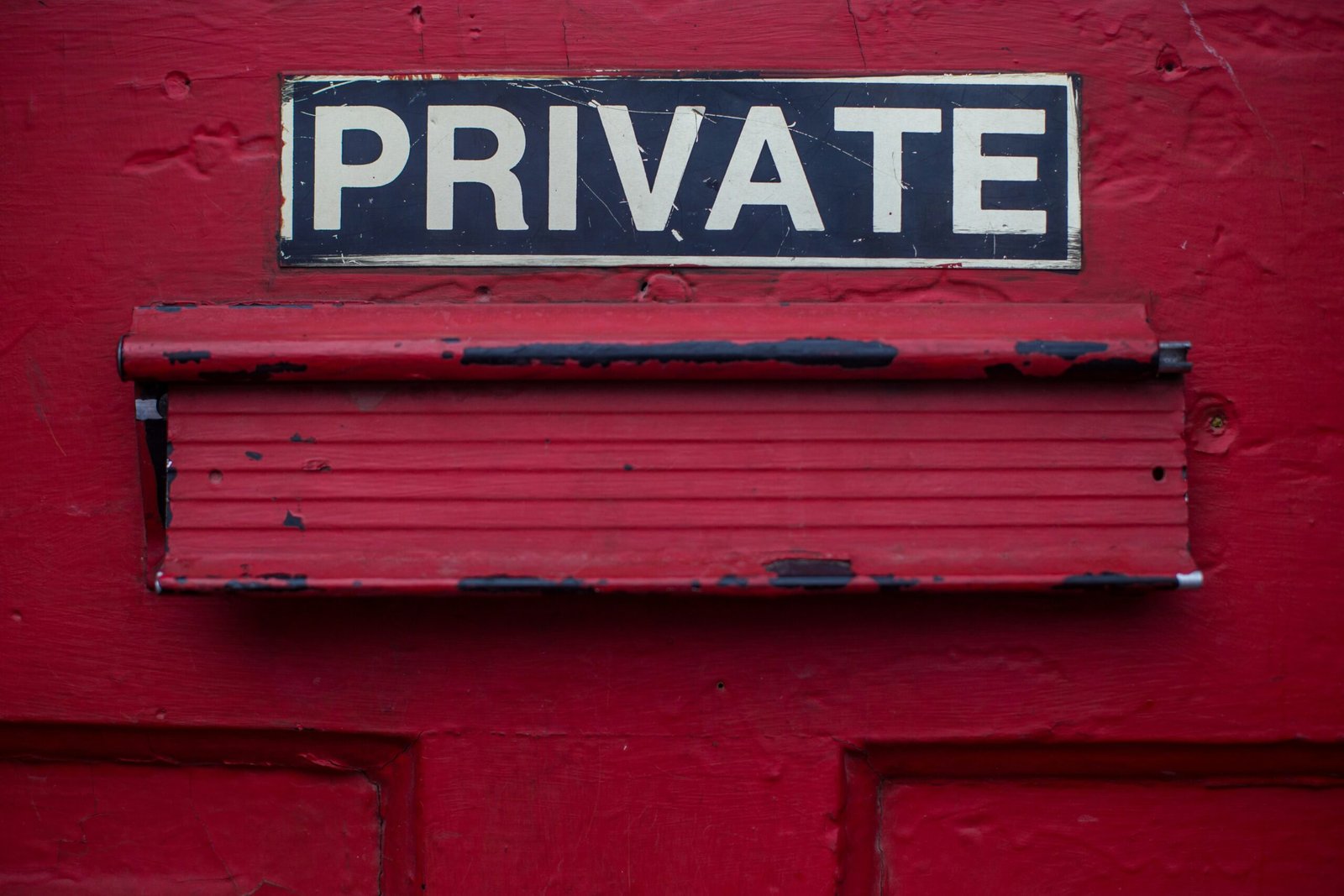Safeguarding Personal Information and Intimate Activities: Analyzing Sexual Privacy Laws
Privacy is a fundamental right that should be protected in all aspects of our lives, including our personal and intimate activities. In the digital age, where information can be easily shared and accessed, it is crucial to have laws and regulations in place to safeguard our sexual privacy. In this article, we will analyze the laws and regulations related to sexual privacy, specifically focusing on protections against non-consensual pornography, revenge porn, and unauthorized disclosure of sexual information.
Non-Consensual Pornography: Protecting Individuals from Image-Based Sexual Abuse
Non-consensual pornography, also known as revenge porn, refers to the distribution of sexually explicit images or videos without the consent of the individuals involved. This form of abuse can have severe emotional, psychological, and social consequences for the victims. To address this issue, many jurisdictions have enacted laws to criminalize and punish the perpetrators of non-consensual pornography.
These laws typically make it illegal to distribute or possess explicit images or videos without the consent of the individuals depicted. They also provide avenues for victims to seek legal remedies, such as obtaining restraining orders, requesting the removal of the content from online platforms, and pursuing civil actions for damages.
Revenge Porn: Criminalizing the Act of Sharing Intimate Images Without Consent
Revenge porn, a subset of non-consensual pornography, involves the intentional sharing of intimate images or videos with the intent to harm, embarrass, or harass the individuals depicted. This malicious act can have devastating consequences for the victims, leading to reputational damage, loss of employment opportunities, and even threats to their physical safety.
Many jurisdictions have recognized the need to address revenge porn as a distinct offense and have enacted specific laws to criminalize this behavior. These laws typically impose criminal penalties, including fines and imprisonment, on individuals who share intimate images without the consent of the individuals depicted. They also provide avenues for victims to seek legal recourse and obtain protection orders against their perpetrators.
Unauthorized Disclosure of Sexual Information: Protecting the Privacy of Personal Details
In addition to non-consensual pornography and revenge porn, it is essential to protect individuals from the unauthorized disclosure of their sexual information. This includes personal details, such as sexual orientation, sexual preferences, and past sexual experiences, which should remain private unless explicitly consented to be shared.
Many jurisdictions have privacy laws that protect individuals from the unauthorized disclosure of their sexual information. These laws often require explicit consent for the collection, use, and disclosure of such information and provide individuals with the right to access, correct, and delete their personal data. They also impose penalties on individuals or organizations that violate these privacy rights, ensuring that individuals have control over their sexual information.
Conclusion
Sexual privacy is a crucial aspect of personal autonomy and dignity. Laws and regulations related to sexual privacy play a vital role in safeguarding individuals from non-consensual pornography, revenge porn, and unauthorized disclosure of sexual information. By criminalizing these acts and providing legal remedies for victims, these laws help create a safer and more respectful digital environment. It is essential for individuals, lawmakers, and society as a whole to recognize the importance of sexual privacy and work together to ensure its protection.

